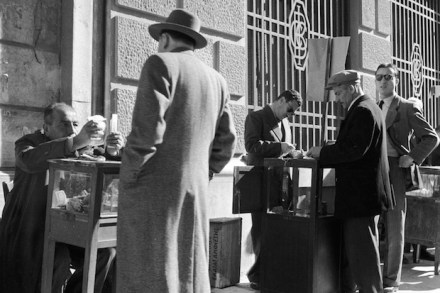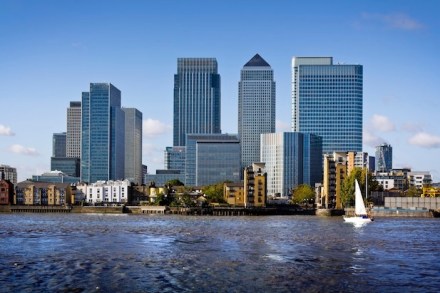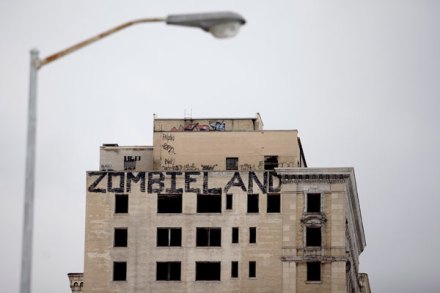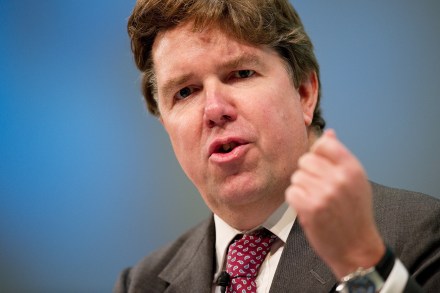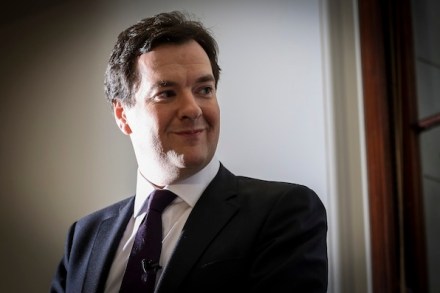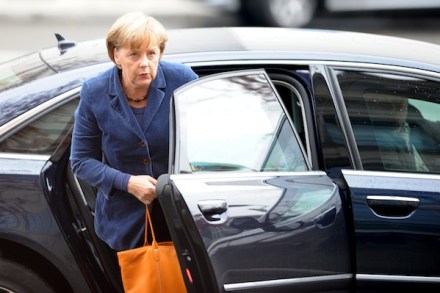Martin Vander Weyer: Bad news for pawnbrokers. Is that good news for the rest of us?
While attention has focused on the sudden ubiquity and alleged iniquity of payday lenders, boom and impending bust has infected another part of the short-term credit sector. For the very reason that the global economy is recovering, Britain’s pawnbrokers are in trouble. Pawnbroking traces its history to the Medicis, but owes its traditional image in this country to Charles Dickens: ‘Of the numerous receptacles for misery and distress with which the streets of London unhappily abound,’ he wrote in 1835, ‘there are, perhaps, none which present such striking scenes as the pawnbrokers’ shops.’ Today’s UK market leader H&T, formerly Harvey & Thompson, opened for business on Vauxhall Bridge Road in
